The past couple of NFL seasons have been more riddled with concussions and short-term injuries than ever before. In a game against the Baltimore Ravens on Dec. 9, Washington Redskins’ quarterback Robert Griffin III suffered a hit to his knee and was injured. He effectively tweaked his LCL in his knee. Griffin returned to the game for four plays, but he left after obvious pain. According to Dr. James Andrews, Griffin’s knee doctor, Griffin was not cleared by the medical staff, but by head coach Mike Shanahan.
According to cbssports.com, the medical staff never got to examine Griffin after he came out for a play. He was not examined during his moment on the sidelines and returned to the game without being brought back in for evaluation.
“He’s running around, so I guess he’s OK. But I didn’t get to check him out until after the game.” Andrews said. Griffin then sat out one game before returning two weeks later. In the NFC Wild-Card Playoff game, Griffin started the game on another questionable clearance by medical staff and Coach Shanahan; he suffered a torn LCL and ACL, effectively sidelining him until the start of next season and turning a short-term injury into a long-term burden.
The NFL has also introduced a policy stating that an independent neurologist must also clear every player with a concussion. Risking the safety of players should not be at the discretion of a biased head coach or a sincere, yet naïve player.
The NFL should introduce a similar policy as the concussion one with other injuries, not exclusively concussions. While head trauma and brain cell loss is the main concern for NFL players, injuries that could potentially lead to the end of a career should be addressed with just as much attention. Without an addition to this policy we could see many careers shortened solely because of the desire to win.



![Community honors longtime coach Mr. Bryan Thomas before Oct. 3 game [photo gallery]](https://nchsinkspot.com/wp-content/uploads/2025/10/Thomas-6-1200x1200.jpg)






















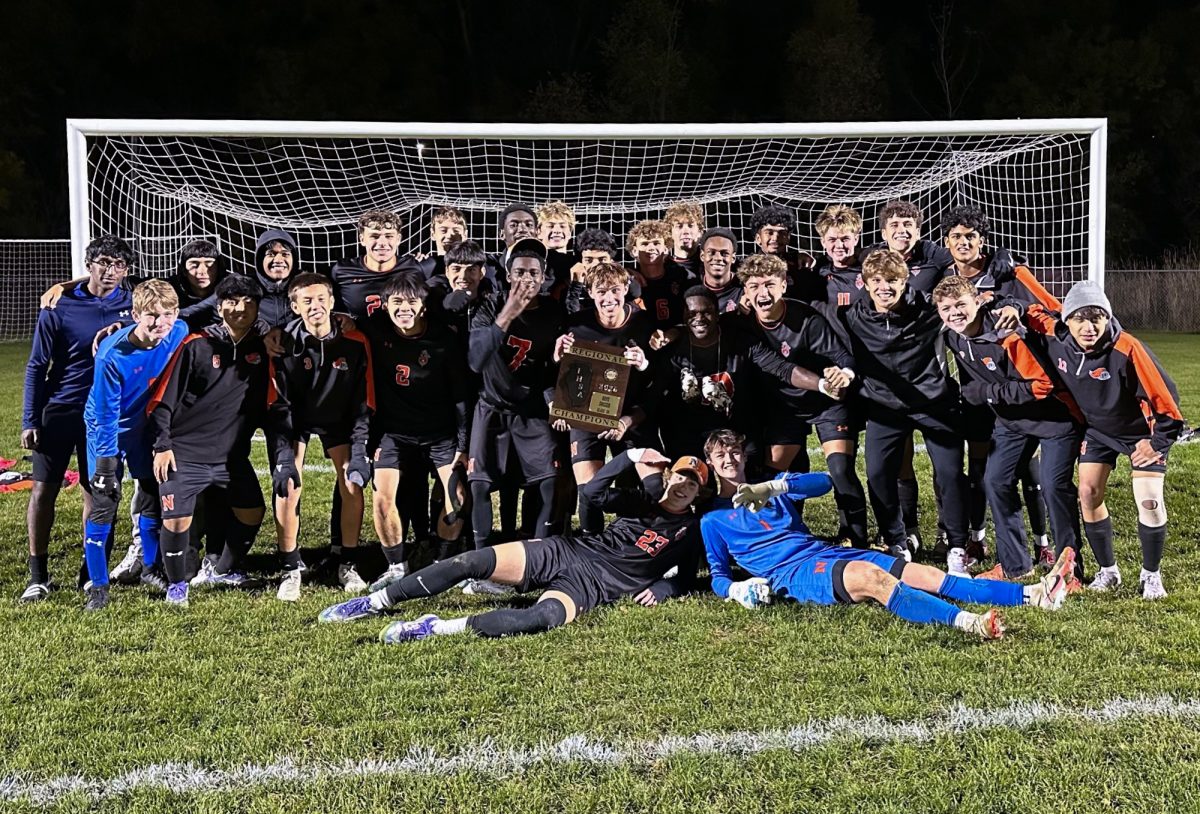
![Playoffs Rd. 1: Coach Drengwitz on Ironmen’s 7A playoff opener at Carmel Catholic [video]](https://nchsinkspot.com/wp-content/uploads/2025/10/PW_PresserVCC_Thumb.png)
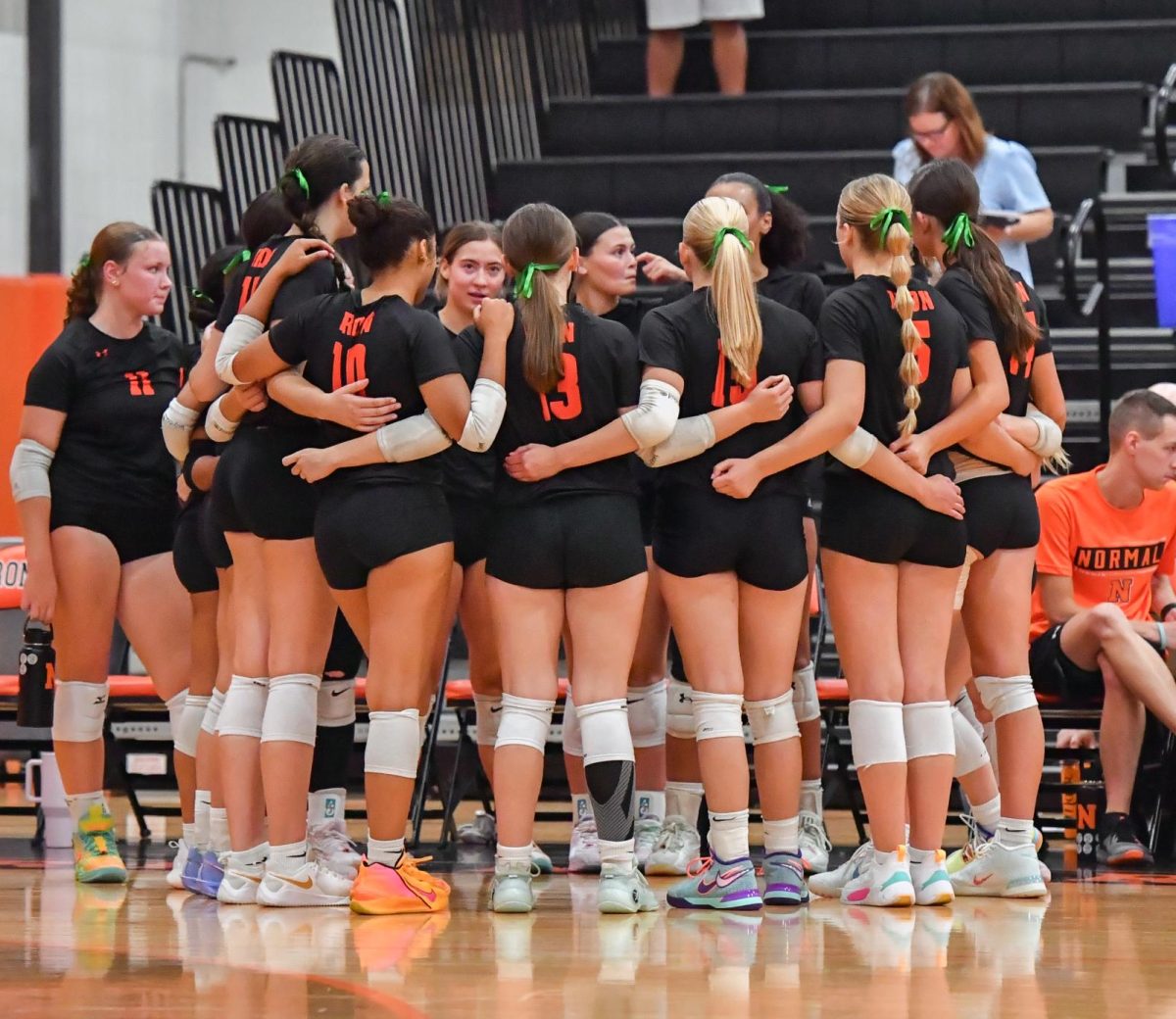
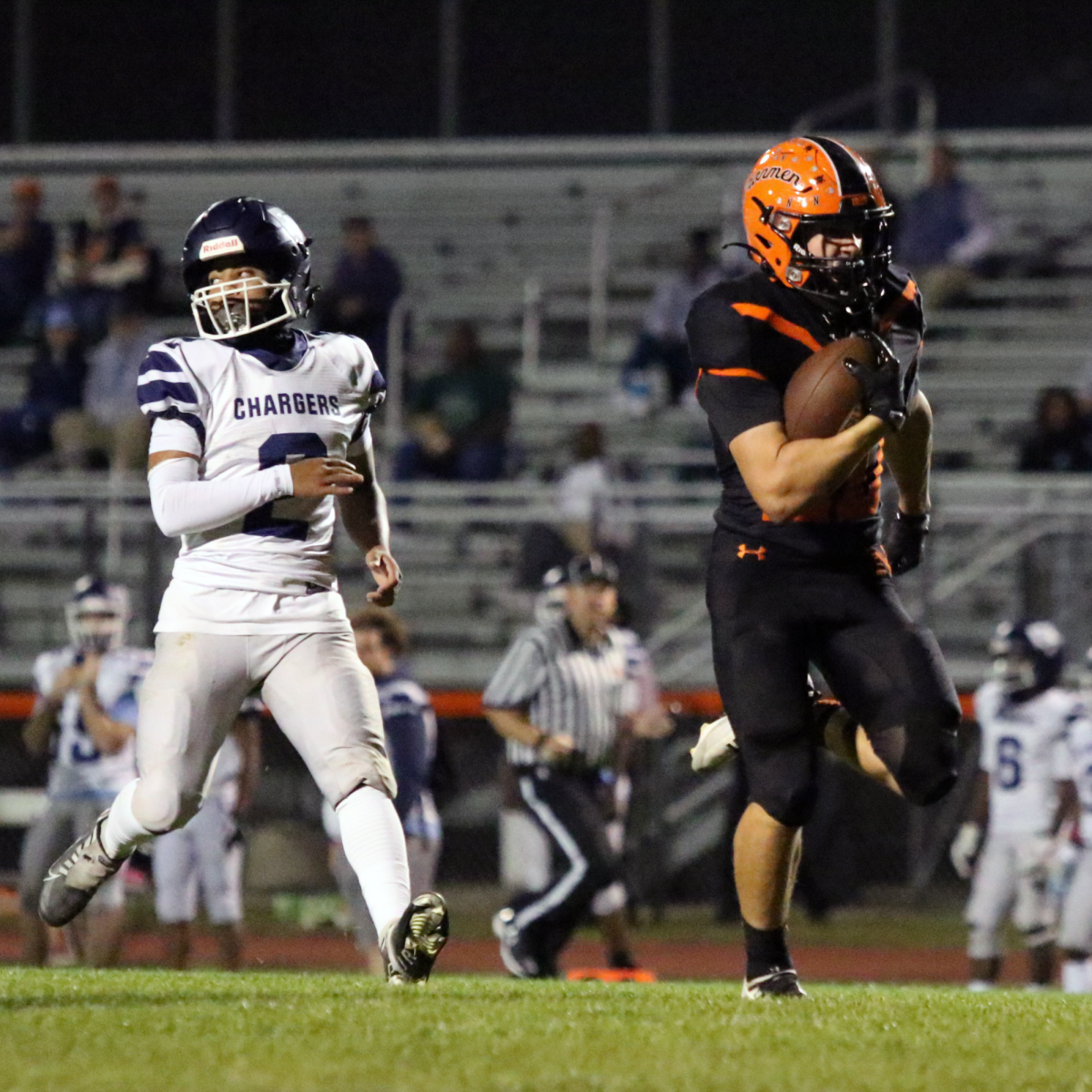
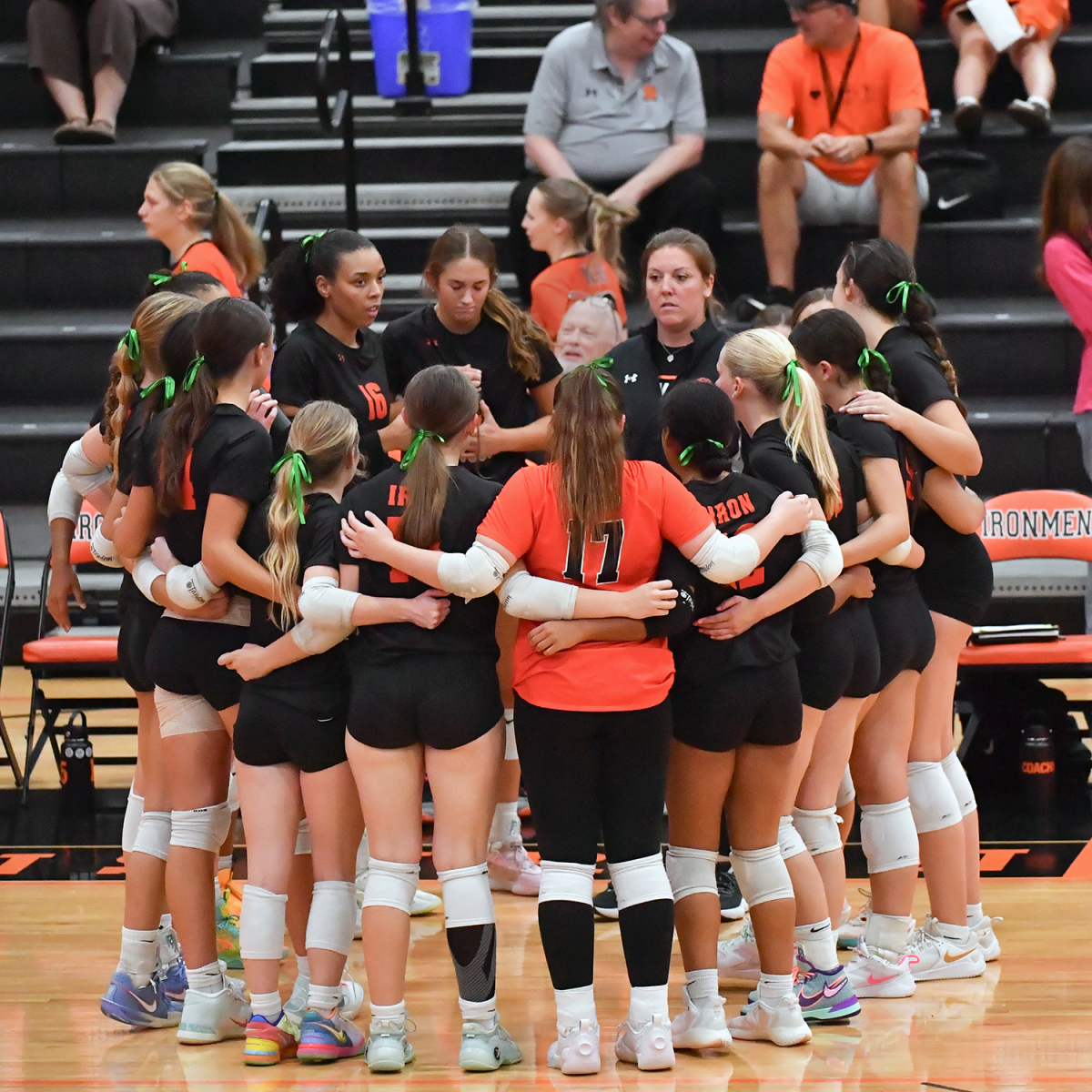





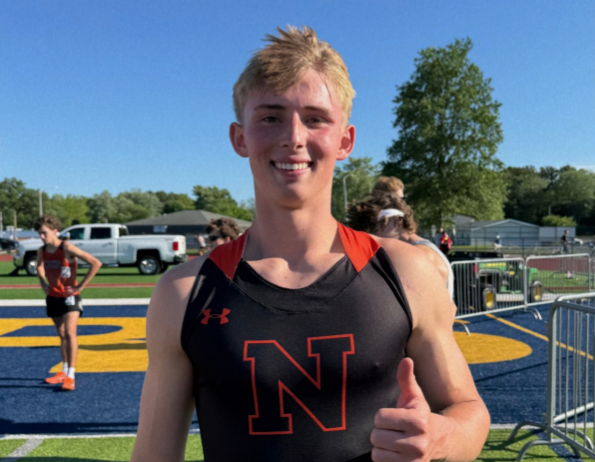

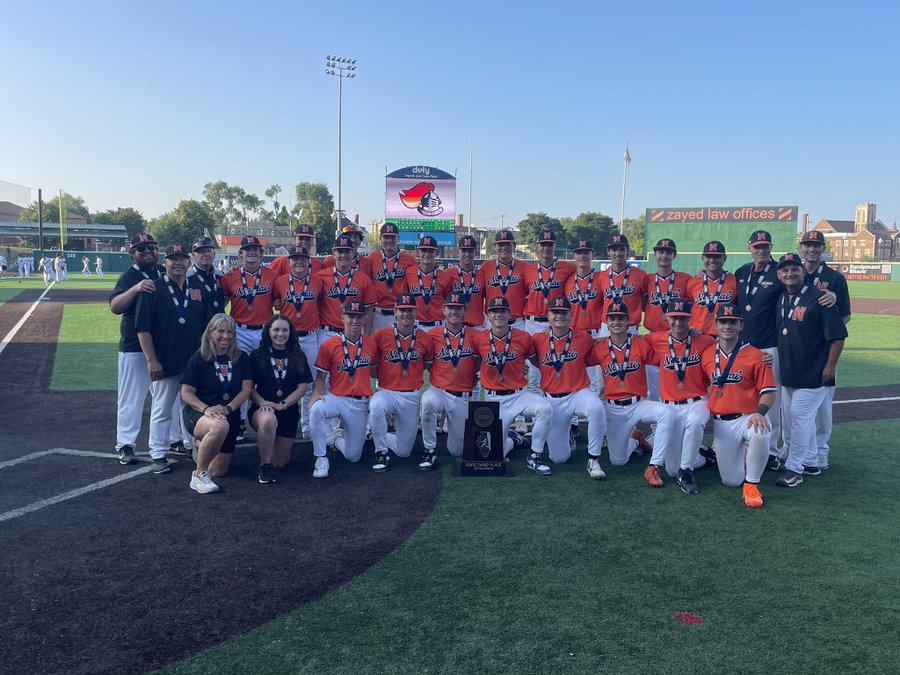








![Halloween candy cross section quiz [quiz]](https://nchsinkspot.com/wp-content/uploads/2022/10/Candy-cover-big-900x675.png)
![Average Jonah? [quiz]](https://nchsinkspot.com/wp-content/uploads/2022/05/average-jonah-900x600.png)







![[Photo Illustration]](https://nchsinkspot.com/wp-content/uploads/2025/09/trigger-words-1.png)










![Hauntcert performers on why this year’s show hits all the right notes [video]](https://nchsinkspot.com/wp-content/uploads/2025/10/Untitled-2.png)
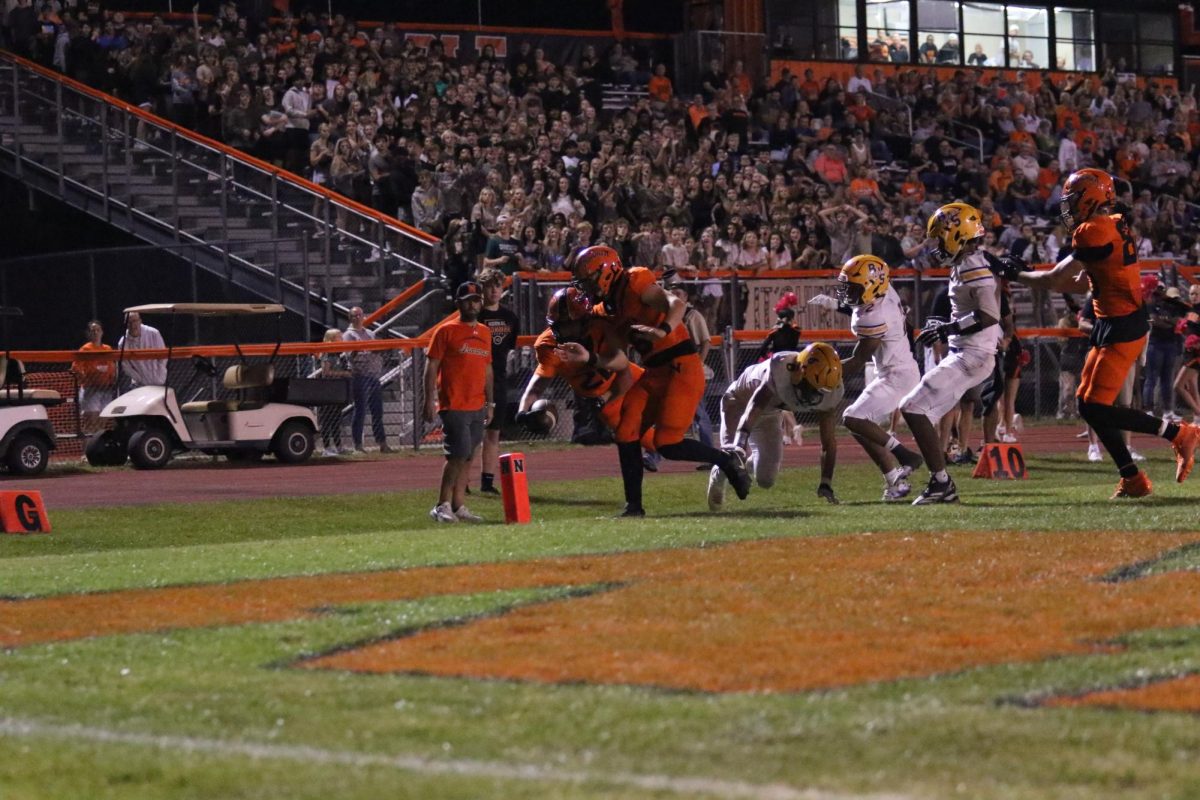
![Ironmen volleball head coach Ms. Christine Konopasek recorded her 400th career victory Oct. 21 as the Ironmen closed their regular season with a 2-0 sweep over Danville.
[Photo Illustration]](https://nchsinkspot.com/wp-content/uploads/2025/10/Vball400Thumb.png)





![Week 9: Coach Drengwitz on Week 8’s win, previewing Peoria High [video]](https://nchsinkspot.com/wp-content/uploads/2025/10/W9_PeoriaThumb.png)
![Postgame: Drengwitz on Community’s 56-6 win over Champaign Centennial; staying unbeaten in Big 12 [video]](https://nchsinkspot.com/wp-content/uploads/2025/10/10.17_FBwChampCent56-6_POST_thumb.png)
![On the Spot: This or That – Halloween [video]](https://nchsinkspot.com/wp-content/uploads/2024/10/tot-Halloween-YT-1200x675.png)
![On the Spot: This or That – Fall favorites [video]](https://nchsinkspot.com/wp-content/uploads/2024/10/ots-fall-web-1200x800.png)
![On the Spot – Teachers tested on 2023’s hottest words [video]](https://nchsinkspot.com/wp-content/uploads/2024/01/On-the-Spot-Teachers-tested-1200x675.png)







